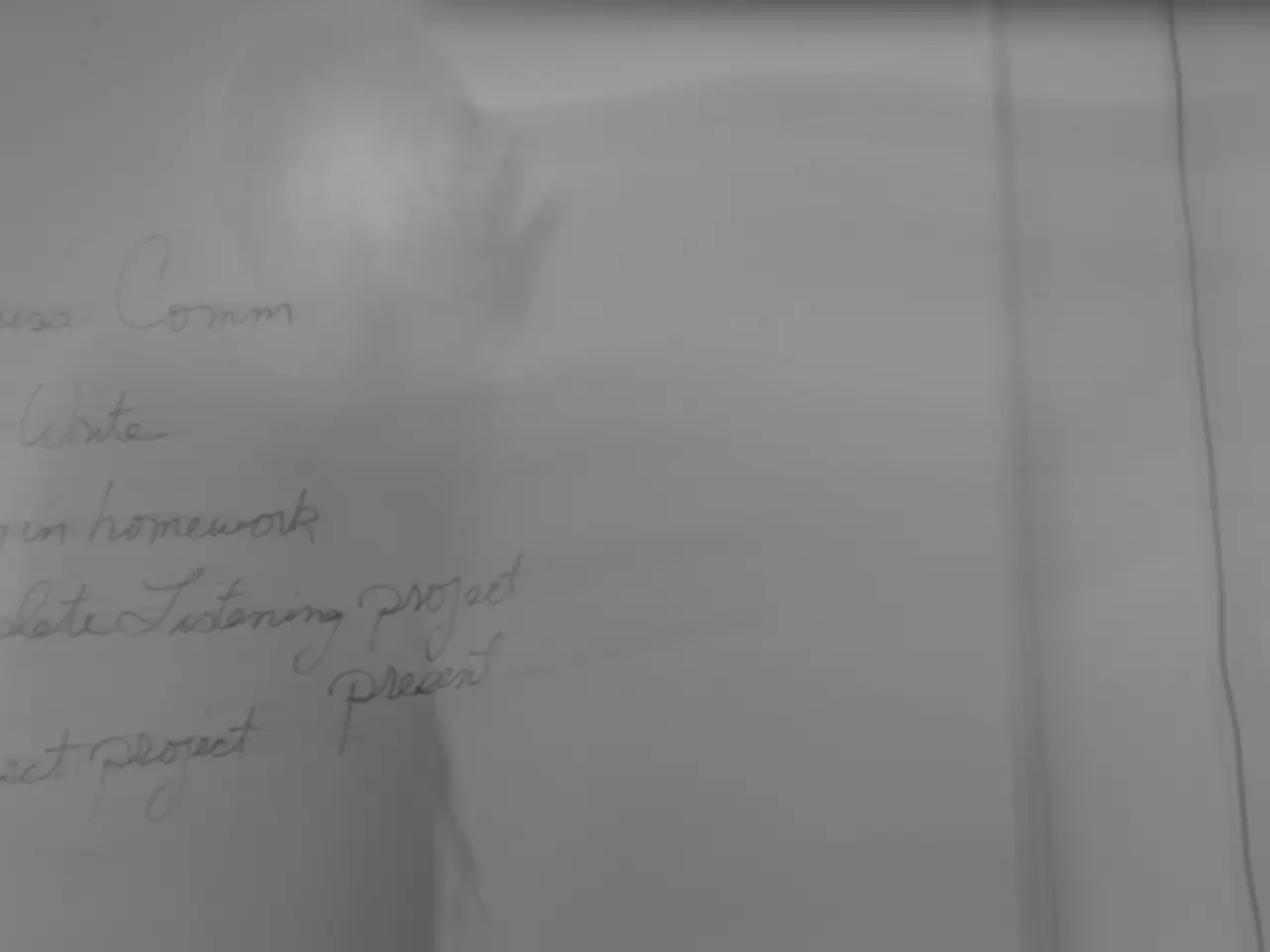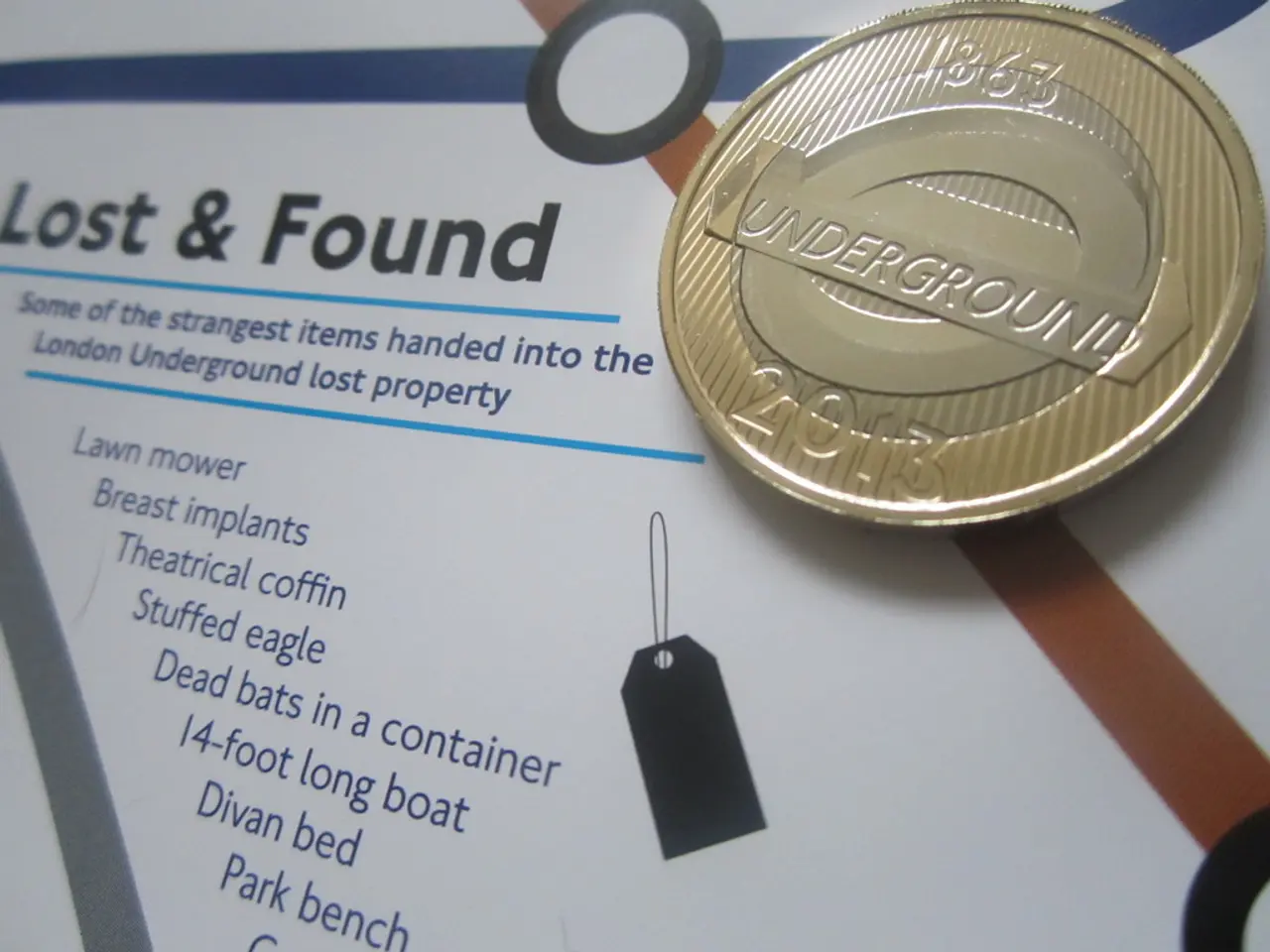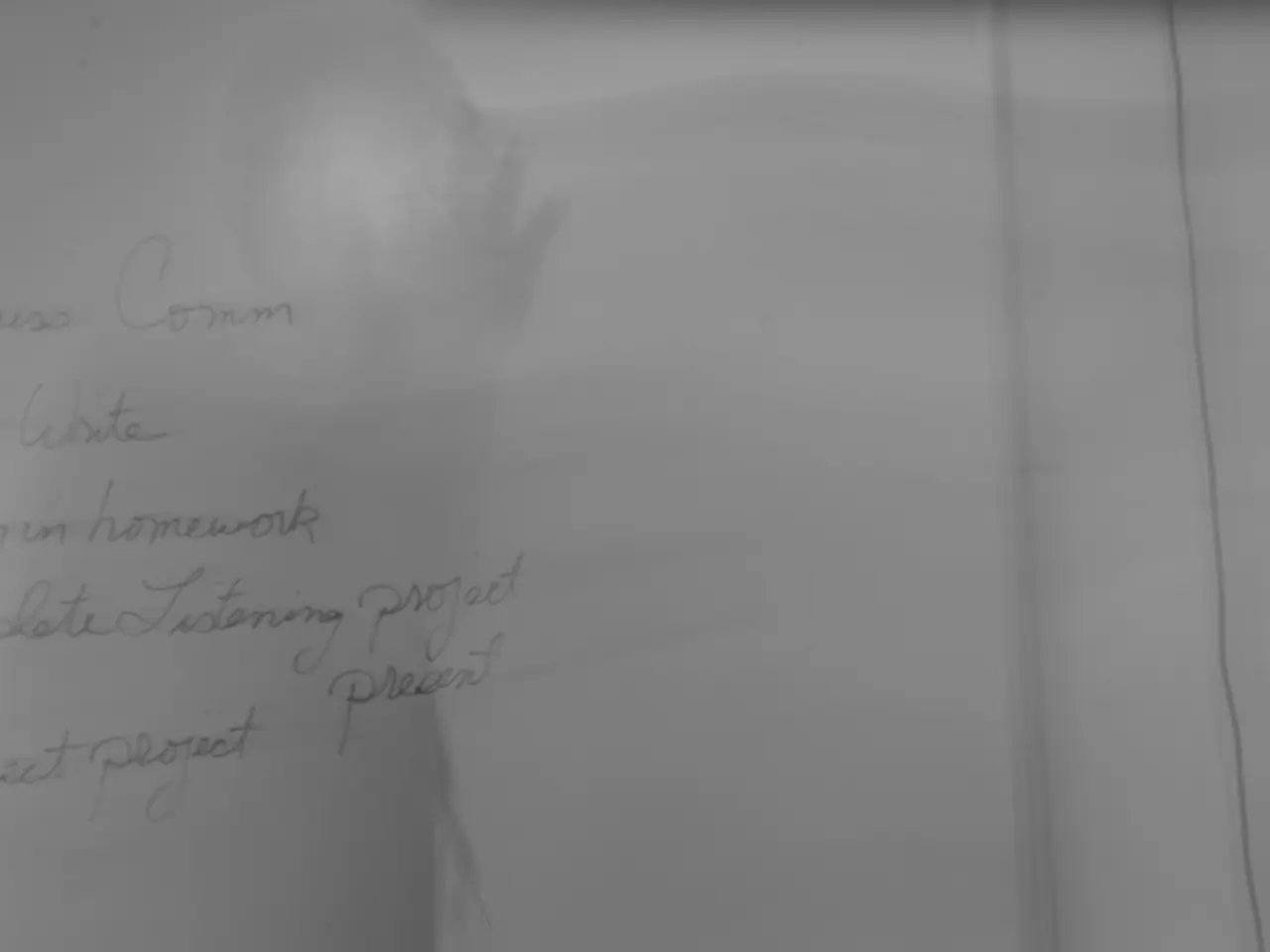Disrupted customs leading to ECB suspending interest rate adjustments
The ongoing U.S.-EU trade disputes, marked by threatened and imposed tariffs, are creating significant economic uncertainty and disruption in transatlantic trade. This situation directly impacts the European Central Bank's (ECB) monetary policy decisions and inflation dynamics in the eurozone.
Impact on ECB Monetary Policy and Eurozone Inflation:
The increased U.S. tariffs on EU goods are expected to raise the costs of European exports, disrupt supply chains, and consequently put upward pressure on producer and consumer prices within the eurozone. This risk of imported inflation, especially from costlier inputs and goods, complicates the ECB’s task of controlling inflation.
The trade dispute risks dampening eurozone export growth due to reduced competitiveness in the large U.S. market, which accounted for approximately $605 billion in EU exports in 2024. Slower growth may prompt the ECB to balance inflation concerns against the need to support economic activity, potentially leading to a more cautious or accommodative monetary stance.
The unpredictability of tariffs introduces an unstable economic environment. This complicates ECB forecasting and may lead to more measured policy adjustments until a clearer trade resolution emerges.
In summary, the escalating U.S.-EU trade tensions contribute to higher inflationary pressures in the eurozone, driven especially by tariff-induced cost increases, while also potentially slowing economic growth through reduced export demand.
ECB's Monetary Policy Stance:
The ECB has paused on interest rate cuts, keeping the key deposit rate at 2%. Some members of the ECB's governing council fear prolonged low inflation in the eurozone due to tariffs and uncertainty, while others, like Pierre Wunsch, anticipate further monetary policy easing in the coming months. ECB board member Isabel Schnabel states that the bar for another rate cut is "very high."
The environment remains unusually uncertain, particularly due to trade conflicts. The exchange rate could become a risk for the ECB. French central bank governor François Villeroy de Galhau warns that a sustained euro appreciation could lower inflation by 0.2 percentage points annually over several years.
On the other hand, economists in the Eurosystem expect inflation to dip below 2% in their June projections, but anticipate it will rise back to the target in the medium term. Estonian central bank governor Madis Müller and Austrian central bank governor Robert Holzmann see little room for further easing this year.
Looking Ahead:
As the trade disputes continue, the ECB faces the dual challenge of containing inflation without unduly hindering growth amid this trade policy uncertainty, likely leading to a careful and data-dependent monetary policy approach for the foreseeable future.
Martin Kocher, the successor to Robert Holzmann, is expected to adopt a less hawkish stance. Investors and economists mostly expect one to two easings by the ECB by December. Michael Heise, chief economist of HQ Trust, stated that given the global trade tensions, it would have been premature to cut rates preemptively at this point.
This forecast is subject to significant uncertainty due to the ongoing U.S.-EU trade dispute and its potential impact on European prices. The ECB will continue to monitor these developments closely and adjust its monetary policy accordingly.
[1] https://www.ecb.europa.eu/press/key/date/2024/html/ecb.sp240103.en.html [2] https://www.bloomberg.com/news/articles/2024-01-04/ecb-says-it-will-keep-rates-on-hold-as-inflation-rises-to-target [3] https://www.reuters.com/article/us-ecb-meeting-idUSKCN2BV25K [4] https://www.wsj.com/articles/ecb-says-it-will-keep-rates-on-hold-as-inflation-rises-to-target-11640966532
- Inevitably, the escalating U.S.-EU trade disputes may lead to increased costs for European businesses, placing an additional burden on their financial resources as they attempt to account for the higher expenses caused by tariffs on their exports.
- Concurrently, the ECB, tasked with maintaining stable prices and promoting economic growth, must navigate complex monetary policy decisions in response to the uncertainties created by the trade tensions, with potential adjustments in their stance being tempered by the need to balance inflation concerns with the desire to support business growth in the eurozone.




